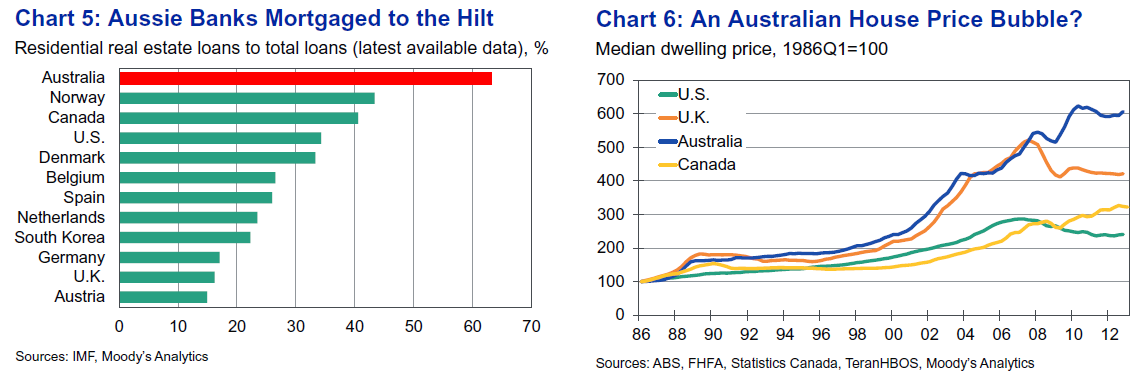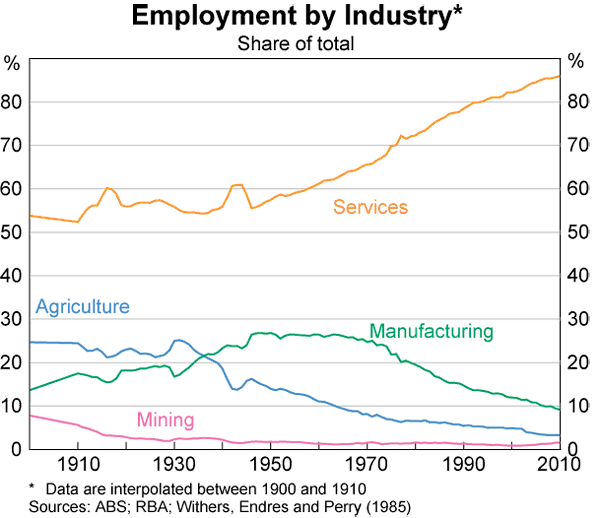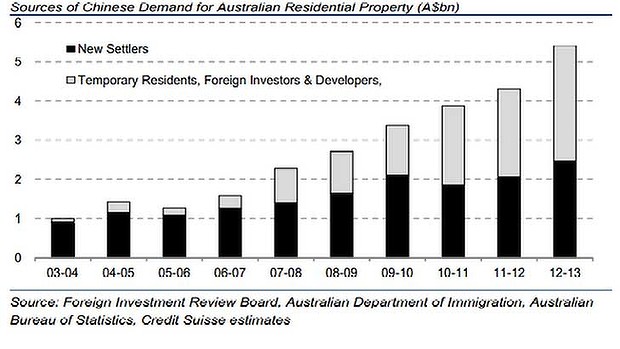engage13
Rookie
- Jul 13, 2020
- 49
- 43
- AFL Club
- Essendon
- Banned
- #1,401
back then old commrad Gough and globalist Bob had signed Australia up to the Lima declaration selling Australia to the world, we had local industry, 10 year mortgages & assets to sell30 years eh !!
We are looking down the barrel of closing a couple of aluminium smelters at the same time as we are dreaming of 'made in Aus'.
Joh Bjelke Petersen & Lang Hancock couldnt make that east west rail link plan work in the 1980s.
Lang handcock spent decades trying to sell iron ore as well and was laughed at by every one, yet it finaly happened as well & now one of Australias biggest exports SE Asia and Aouth America are near 3 world countries with large populations that are growing, they need steel
india will be the biggest economy in next 30 years along with the indo pacific will be the next boom area of the world apparently
looks like the propaganda machine of the climate change wheels could be slowly falling off
Last edited:









